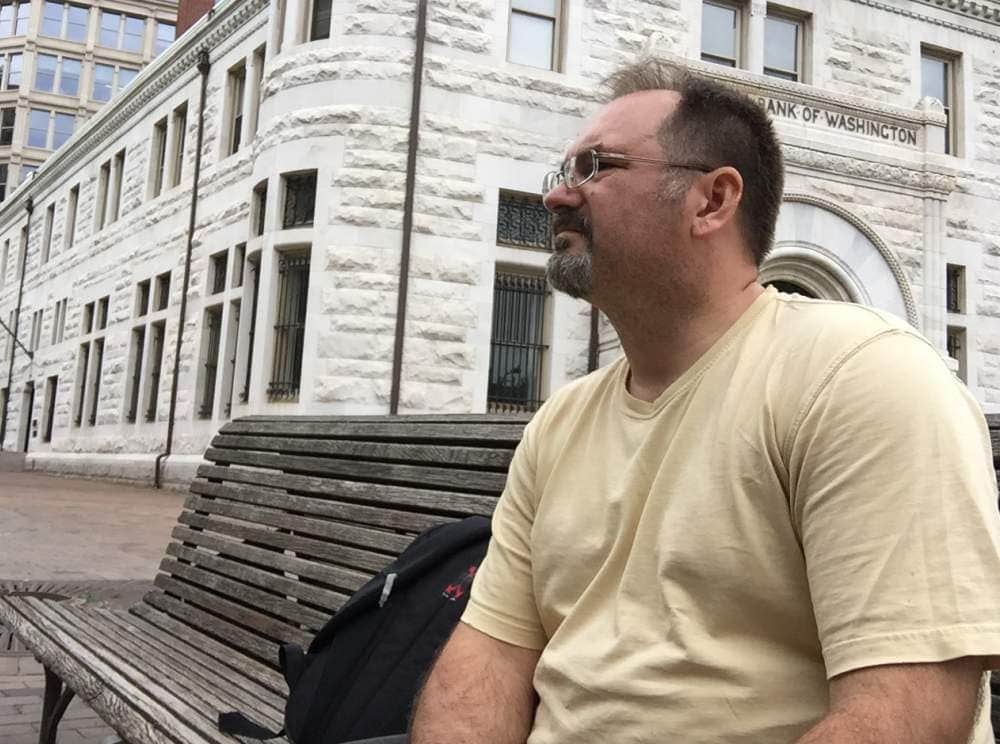
Editor’s note: Tim Madding, a Seventh-day Adventist pastor in the U.S. state of Maryland, spent seven days as a homeless person last week as part of a seven-week initiative called “Living Matt. 25:35-40: Seven Days Without.” He is living seven days without a basic human need and then sharing what he has learned in Sabbath sermons that encourage church members to live out their faith in practical ways.
, lead pastor, Beltsville Seventh-day Adventist Church, Potomac Conference
One afternoon last week I walked past a woman sitting on the curbside in Washington and she asked me politely, “Sir, can you spare some change?”
“I can’t,” he said, pausing to look her in the eyes and give her my full attention. “I’m living off the bag I got this morning at the shelter for breakfast.”
I don’t know whether she believed me. But knowing she wouldn’t get anything from me, she asked the next person walking by the same question, “Ma’am, can you spare some change?”
We’ve all seen them sitting on the street corner, shaking a plastic cup, or standing at the intersection with a cardboard sign. They all plead for help: “You got any extra change? Can you help me with a sandwich? I need 50 cents for a bus fare.”
As Christ’s followers, we want to help. Our hearts compel us to. Our children from their car seats ask us to. But should we?
After spending the better part of the week eating in soup kitchens, sleeping next to homeless people in shelters, and hanging out with them on the streets, I would say yes. Yes, help them. The call of Jesus in Matthew 25 compels us to love and help the “least of these.”
Read Pastor Madding’s previous story: “Can You Spare Some Change?”

The question is not whether but rather how we should help them.
“Our natural reaction is to do a quick fix, but I challenge people to invest in a more permanent fix,” Alicia Horton, executive director of Thrive DC, a ministry that works to prevent and end homelessness in the U.S. capital, told me.
Urban ministries like Thrive DC are designed to give people a comprehensive range of services to help stabilize their lives.
To my question about whether it was appropriate to give money to the homeless, Horton said, “If you really want to help, give them information about where they can go to get sustained and more complex help.”
It’s important to take time to research the ministries in your city that are best able to serve the homeless and then team up with them. Consider donating funds. Or better yet, grab a handful of people from your church and volunteer at their facilities on a regular basis. Ask the ministry for small information cards and in a loving, compassionate manner, give them to people on the street, letting them know where they can get real help. You can bundle the cards with a sandwich or care package, but never cash.
If you feel Christ’s calling to minister to those without a home, feel confident in doing it in a way that actually helps, thus making a real difference.
Visit sevendayswithout.com to follow Tim Madding and learn more about the initiative. This article appeared on the Columbia Union Visitor’s website.